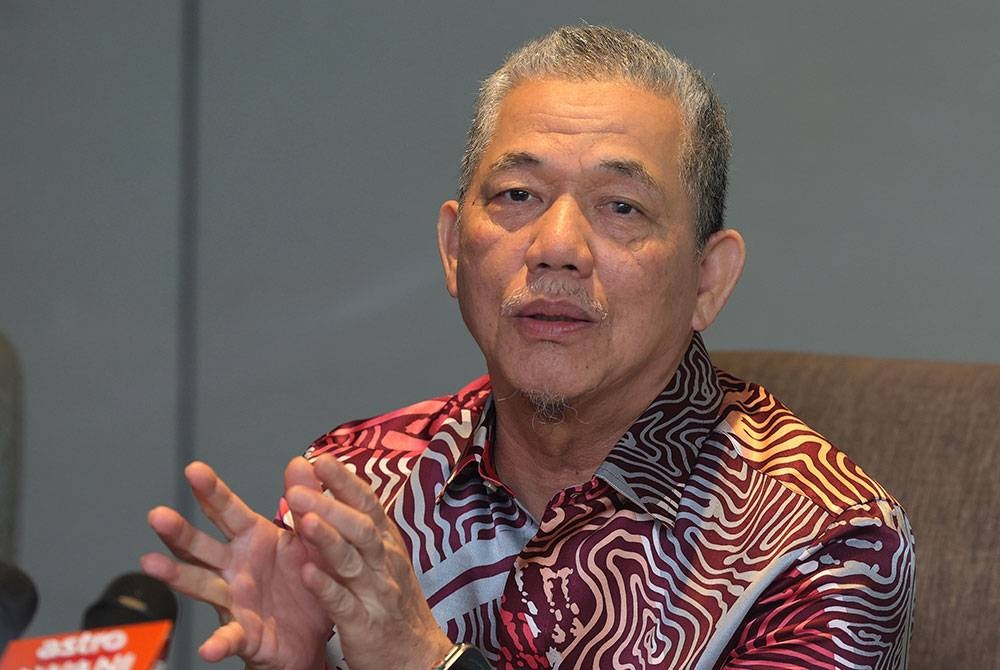Grant some autonomy in edu, healthcare to Sabah, Sarawak raised in MA63, says DPM
ASYIKIN ASMIN15 May 2023 04:49pm

Fadillah - Bernama pic
A
A
A
KOTA KINABALU - The transfer of certain powers in education and healthcare to Sabah and Sarawak were among the matters discussed through a technical committee of the 1963 Malaysia Agreement (MA63).
Deputy Prime Minister Datuk Seri Fadillah Yusof said that the transfer of powers does not entail a complete transfer but only involves administration and management in the two areas.
"The challenge faced by Sabah and Sarawak is that all planning related to education and healthcare is carried out in Putrajaya, including recruiting teachers and healthcare personnel, among others.
"Candidates are often unwilling to relocate or serve in Sabah or Sarawak due to concerns about remote areas. Although the positions are filled eventually, there are no officers serving in Sabah and Sarawak," he told reporters after attending the 2023 Malaysian Cocoa Board (LKM) Appreciation Ceremony here on Monday.
He further said Sabah and Sarawak could handle this and it would provide an opportunity for these two states to determine who fills the vacancies.
"That is one of the approaches we are currently discussing and detailing. We are waiting for the methods or terms to be presented by the Sabah and Sarawak government which we will then discuss at the federal level," he added.
The committee also discuss on seat allocation in the Dewan Rakyat.
"Currently, there are 222 seats, which involve technical disputes between lawyers at the federal level with differing views between Sabah and Sarawak.
"When Malaysia was formed, the composition was about two-thirds in the Peninsula and more than one-third in Sabah, Sarawak, and Singapore.
"This is why we believe that the spirit from the beginning was that when we established Malaysia, we had constitutional protection for the privileges of Sabah and Sarawak.
"If these rights are protected through parliament, where parliament can amend such provisions with a two-thirds majority vote, and if a situation arises where the entire Peninsula agrees to amend the constitution, it can be amended without requiring the consent of Sabah and Sarawak," he said.
Collectively, he said Sabah and Sarawak must exceed one-third of the total seats in the Dewan Rakyat.
"With that, any changes to the constitutional structure agreed upon by previous leadership will still retain the spirit when Malaysia was formed.
"This is complex because, firstly, it requires consensus among legal views between the government of Sabah, Sarawak, and the Federation," Fadillah said.














